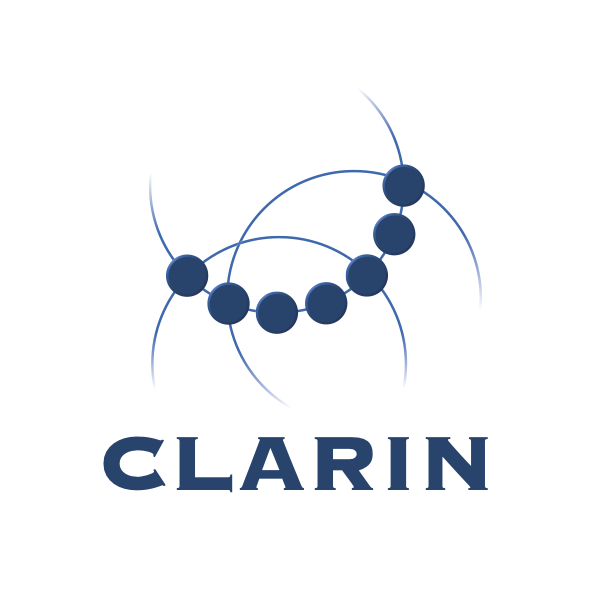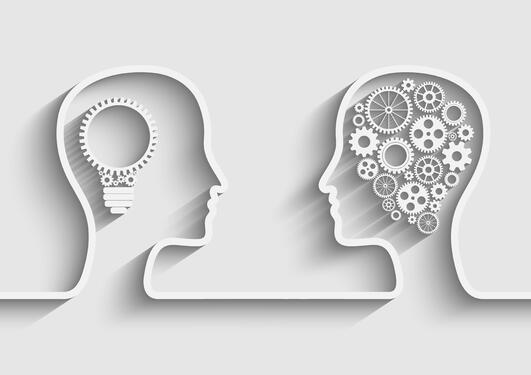Collaborative Software Development School
Are you an early career researcher in the Humanities and Social Sciences who want to use digital methods but not sure how to get started? This course is targeted at participants with very little prior experience with programming with the aim to improve your programming skills to a level that can benefit your research. The summer school is a great opportunity to learn about approaches and best practices in research software development in an interdisciplinary setting with many hands-on exercises.

Main content
Description
What comes next once you're comfortable with the syntax of a programming language or two, and have written some small programs for yourself? Once a project grows to a certain size, factors beyond the immediate programming task take more and more time, and the social aspects of software development become more important.
The aim of this workshop is to give an introduction to topics that go beyond the initial knowledge of reading and writing code. How do you design programs that are modular and reusable by others? How can libraries in different languages be used together? What are tools that can help in documenting and testing code? How can development and releases be managed in group projects with multiple authors and multiple users?
In a mixture of talks and many hands-on sessions we'll try to address this next step. In the second half of the workshop, you will work in small groups on designing and writing a new project from scratch, giving you direct experience of having to rely on other people’s code. An introduction to Clarino resources will be given, and these will also be actively used in the project assignments.
Topics
Effective collaborative development
Version control tools; Release cycles
Useful documentation for different audiences; User interactions
Testing and debugging; Continuous integration
Profiling and optimization
Mixing programming languages
Copyright and licensing
Prerequisites
The working language for the examples will be Python. The workshop is suitable also for participants with very little prior experience with programming, as the first days of the workshop will focus on an introduction to Python. Participants with other language backgrounds are also very welcome and will be able to benefit from the course equally.
Learning outcomes
After this course the participants will be able to identify challenges related to developing software in a group. They will be able to use tools and techniques to make this process easier. The transdisciplinary setting will also train presentation and communication skills and promote cross-domain collaborations.
Practical information
Participants are expected to attend all 10 days. Teaching takes place between 9-16 every day except the first and last day. In the second half of the workshop, you will work in small groups on a project that you will present on the last day.
Participation at the school is free, but in case of a late non-medical cancellation we reserve the right to bill you 2500 NOK for lunch and related costs which we need to pre-book. The concept of the school and especially the group work aspects rely on all participants being able to take part for the full length of the school.
Notice that the summer school is limited to approximately 20 participants. Registered participants who have been admitted will be notified of this at the beginning of May 2023. Follow this link to registrate for the summer school.
Contact
The summer school is a collaboration between the Digital Lab at the University if Bergen Library and the Institute for informatics and the discipline of Digital Culture at the University of Bergen. The summer school is conducted with external funding from CLARIN.
If you have any questions about the summer school, please contact us.

